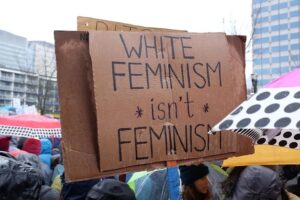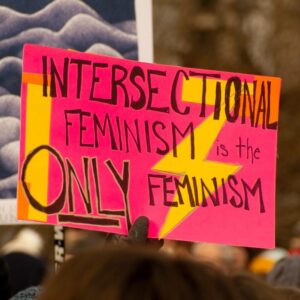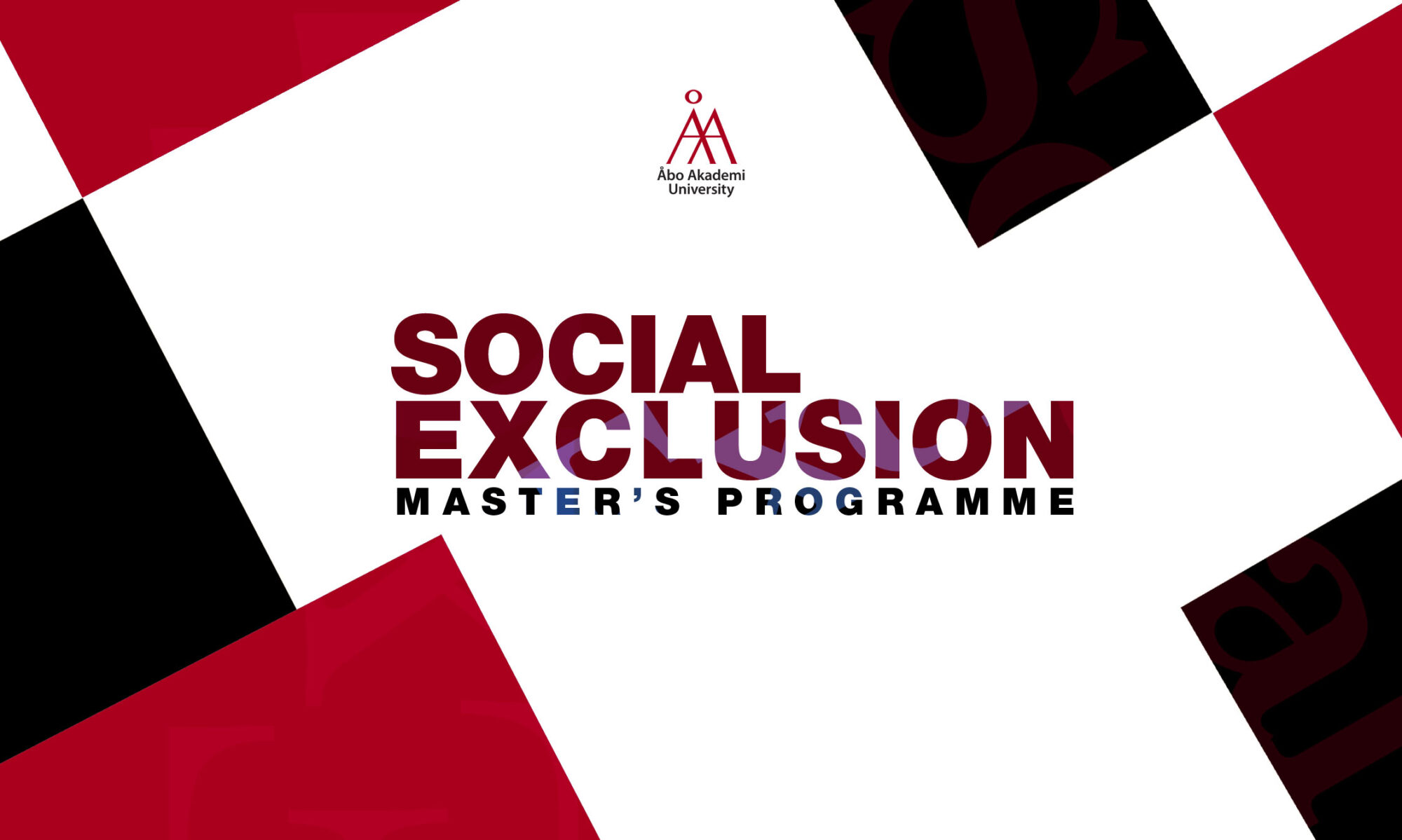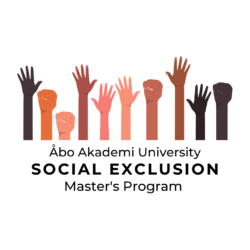Master’s Thesis written by Alice Chunga, Master’s student, Abo Akademi University

Motivated by my personal experience with feminism and the courses I took in the Social Exclusion Programme, I decided to research black African feminists living in Finland for my Master’s thesis. In the thesis, I aimed to investigate the complexities of existing and navigating the white feminist space as a black African feminist woman in Finland. I had insightful interviews with four black African women in different feminist spaces to learn about their experiences in the movement(s) which I present and analyse in three blogs:
Blog 1: Being a Black African Feminist in a White Finnish Feminist Space
In this blog, I answer the question: what does it mean to be a black African feminist woman in a white Finnish feminist space? From the discussion with the women, the meaning of feminism and the reality for black African women is very different especially as they have lived in Finland. They expressed that while they were still in Africa feminism had a different meaning compared to what it now means in Finland. This is because the meaning in Finland does not include or recognise them as women. They added that in feminist discussion(s), the meaning of a woman is always defined from a white woman’s point of view as if all women in Finland are white women. This is further exacerbated by the single “immigrant” identity which further erases their femininity, womanhood and blackness. This creates a toxic environment where they are constantly trying to prove they are equal with everyone in the collective.
Being a black African feminist woman in the white Finnish feminist movement means: not being recognised as a woman, only being seen as an immigrant, having the emotional burden of not being an equal, having the emotional burden of trying to fit in and being a teacher to white feminists on issues such as white supremacy and intersectionality.
Blog 2: A Feminist Uphill Battle
In this blog I answer the question: What affects black African feminists’ participation in discussions and feminist activities? I go into more detail about the barriers and difficulties that hinder black African feminist women from fully being themselves and participating in the Finnish feminist movement. There are a multitude of issues that black women and other women of colour face that white feminists have protection from because of their whiteness and their position in the racial hierarchy. The main tools white Finnish feminists use to exclude black African feminist women and other women of colour are white supremacy and Finnish exceptionalism. Even though white feminists continue to be the spokespersons for feminism, they do not address issues of intersectionality (Ajayi-Soyinka, 1993), such as imperial patriarchy, racism, varying definitions of womanhood and women’s experiences.
Blog 3: Feminism for all!
In this blog, I answer the question: How can black African feminists and white Finnish feminists collaborate more effectively? Here I outline some suggestions of possible changes that could be made in the Finnish feminist movement to make it more inclusive and representative of the diverse population of women in Finland. The suggestions include: Firstly, there should be a dismantling of white supremacy and whiteness. In the same way, that the feminist movement is focused on dismantling patriarchy, there should be an equal effort put into dismantling white supremacy within the movement and beyond. Secondly, dismantling white supremacy will only happen if white Finnish feminists recognise their place of privilege and make sure they split the power they possess with other women. Thirdly, after recognizing their privileges and power, they must provide and open the platform for other women to speak. This will ensure that no white woman speaks on behalf of non-white women on issues they do not experience. Fourthly, white feminists should go beyond mentorship and focus on sponsorship. As one participant argued, for white Finnish feminists to be allies, they must go beyond mentorship and provide sponsorship. Sponsorship goes beyond mentoring someone, it makes sure to open doors to opportunities and networks. Fifthly, white Finnish feminist women should make a conscious effort to educate themselves about their history and position in society and other people’s histories. This is the only way they can ease the burden of other women having to educate them about white supremacy, their whiteness and how these issues affect non-white women.
In the process of writing this thesis, I learned a lot about myself, the body I exist in and its relation to the world. As a black African woman, it was in some way therapeutic to have some of my feelings of not belonging validated and shared by women who looked like me. As a person who is optimistic about what feminism could provide for all women, I do not believe that feminism currently represents black African women (and other women of colour) as per my findings. On one hand, I am hopeful of the change that is possible- to make feminism more inclusive. However, I am not ignorant of the emotional cost for this change to happen. Unfortunately, this cost is only expected of the party that has lesser power in the movement, black African women. This begs the question: should black African feminists focus their energy on their “own kind of feminism”? Working towards all women being equal in the feminist movement seems futile unless white feminists recognise, acknowledge and commit to learning and unlearning about their unearned privileges and power.

You can find the full blogs and entire thesis here: Alice Chunga Master’s Thesis
References
Ajayi-Soyinka, O. (1993). Black Feminist Criticism and Drama: Thoughts on Double Patriarchy. www.researchgate.net
Picture references
Devine, J. (2018). Intersectional Feminism is the Only Feminism [Sign]. International Women’s Development Agency. https://iwda.org.au/what-does-intersectional-feminism-actually-me
[Photograph of White Feminism Isn’t Feminism SSign] (2022). https://medium.com/@mnhoskin25/aint-no-place-for-black-women-in-white-feminism-e97e30da151b

